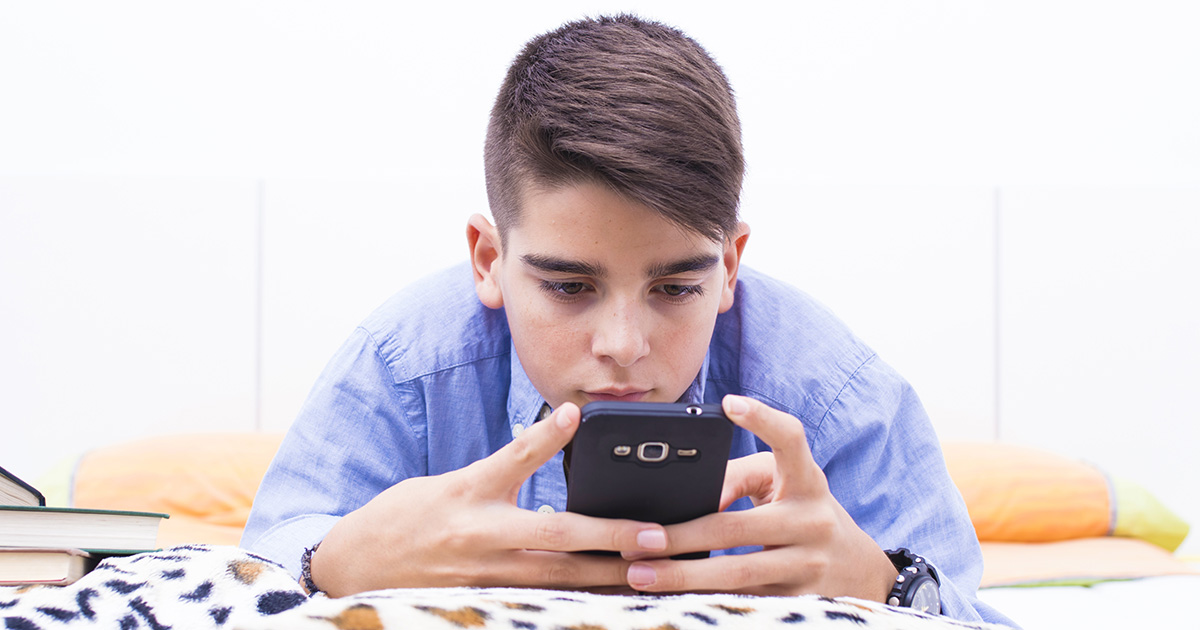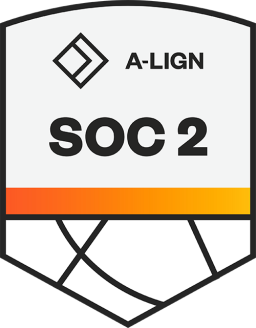It’s no secret that teenagers love their social media. Whether it’s sharing photos on Instagram or performing a clever dance on TikTok, social media gives teens a sense of identity and belonging.
In fact, social media has become an essential part of everyday life for many teenagers between the ages of 13 and 17.
According to a recent study conducted by Pew Research Center, approximately 63% of teenagers report using social media every day. Additionally, 45% said they were on the internet “almost constantly.”
Although these statistics may set off alarm bells for many parents, high social media usage doesn’t have to be bad news. In fact, social media is often a place of collaborative learning, meaningful connections, and a support system for those who would otherwise experience exclusion.
With the proper instruction and supervision, teenagers can use social media as a valuable tool without jeopardizing their health or safety.
The positive effects of social media on teenagers
Despite popular controversy, a crucial part of teenagers’ psychological development is reliant on the ability to stay socially connected. Social media platforms such as Instagram, Facebook, and Twitter often provide young people with a unique online environment to chat with friends and stay updated on news.
In fact, social media has the potential to provide teenagers with valuable opportunities to develop skills and build a positive digital footprint. Here are five ways social media can make a positive impact:
Broaden connections and understanding of the world
Social media allows teenagers to appreciate different perspectives and worldviews to better understand the world we live in. With so much content shared across several different platforms, teenage users are given an opportunity to build a deeper knowledge on a variety of topics that interest them.
Moreover, social media encourages collaborative learning through exposing teens to current events, new ideas, and societal issues. In fact, social media drives teenagers to strengthen their real-world skills and strengthen a sense of independence by exposing users to content outside of their immediate environment.
Develop stronger communication and technical skills
As the world becomes increasingly digitized, social media is now a part of everyday life. Learning how to effectively communicate online is a valuable skill to prepare teens for future work opportunities.
Additionally, teenagers with strong digital media literacy have a greater understanding of the role media plays in our society and how certain images or words may influence viewers. This may assist teens in recognizing fake news and question suspicious sources.
Provide support for mental health and wellbeing
The teenage years can be some of the most challenging as adolescents make the awkward transition to young adulthood. Fortunately, many social platforms often function as a place of support for those providing or seeking help during tough times.
Online support networks are especially important for teenagers as many students feel uncomfortable talking to close friends and family members about isolating issues such as sexual orientation, depression, or bullying. Oftentimes, online support groups are one of the few options available for struggling teens.
Remove boundaries and develop meaningful relationships
Unlike many other circumstances, social media allows teens the unique opportunity to connect with others who share similar ideas and interests. Teenagers have the ability to build friendships without the conventional restraints of geographical location or the burden of meeting and maintaining a relationship.
This feature is particularly useful for disabled children or those who may not feel accepted by their community. Additionally, teens may benefit from staying in closer contact with extended friends or family via networking on social media.
Build a positive digital footprint
Social media platforms, such as LinkedIn or Handshake, allow users to share their accomplishments and showcase their talent to a professional network. Building a positive online portfolio is something teens can use to their advantage when applying to college or seeking employment.
Being active on a professional network also encourages teenagers to seek out valuable mentorship, as well as connect with career-driven groups.
The potential risks of social media
Although there are a number of developmental advantages, teenagers using social media should not go without concern. These are a few of the potential negative effects of social media on teenagers:
Disruption of sleep and focus
One of the most common problems that teenagers experience is a disruption in sleep patterns due to an excess consumption of social media. A University of Glasgow study found that the more adolescents used social media, the more likely they were to fall asleep later and wake up more often during the night.
Just like adults, teenagers often suffer from insomnia due to blue light emitted from smartphones. This ultimately leads to a chronic lack of sleep, eventually affecting attention span and the ability to focus.
Luckily, there is a quick and simple solution to this seemingly impossible issue. According to SCL Health, electronic devices should be shut off at least 30 minutes before bed to eliminate blue light emissions and activate the natural circadian rhythm.
Developing unrealistic views and peer pressure
Even as adults, we all have a tendency to compare ourselves to the picture perfect model seen on the screen. However, teenagers are nearly twice as likely to subject themselves to harmful comparisons.
According to a study from the University of Kentucky, adolescents are especially vulnerable because they are undergoing a lot of physical, social, and psychological changes.
Parents and mentors should be proactive in strengthening their teens digital literacy skills in order to avoid feelings of diminished self-esteem or negative body image. Monitoring content and establishing open dialogue about setting realistic expectations are constructive ways parents can prepare their teen for the responsibility of social media.
Loss of privacy and diminished security
Unfortunately, the internet is not always a safe place for naive or inexperienced users. Whether it’s oversharing private details online or chatting with strangers, teenagers are far more likely to be the victim of harassment.
In order to avoid the potential dangers of social media, teenagers should always keep their accounts private and lookout for the facade many online predators use. Parents can play a key role in keeping their teen safe by educating them about online privacy.
Finding the perfect balance
There are several things parents can do to allow their teens to enjoy the many benefits of social media without compromising their mental or physical health. It’s important to curate rules and boundaries together in order to preserve your teen's autonomy while safeguarding them from risks.
Parents play a crucial role in how social media affects teenagers, and the positive boundaries they can setup often look like this:
Establish reasonable time limits that incorporate a digital curfew
Monitor your teen's account on a regular basis to ensure they are using it responsibly
Communicate expectations about what’s acceptable and unacceptable behavior on social media
Encourage face-to-face social interaction to avoid heightened anxiety or digital dependency
Set a positive example by sharing your own healthy social media habits
A great way to further understand your child’s interests and perspective on social media is to get to know the popular platforms. Read more about what teens are looking for on social media platforms by checking out brands that rule on TikTok or ways to stand out on Instagram.
The takeaway
Ultimately, social media education is just like learning how to drive. Newbies will need more support and direction as they develop their digital literacy skills and learn how to navigate social media.
Over time, teens should have the opportunity to build trust through demonstrating responsible digital behavior. Although social media poses obvious risks, it’s a part of everyday life and a powerful tool for teens who know how to use it responsibly.
Editor's Note: This article was originally published on socialbakers.com. Any statistics or statements included in this article were current at the time of original publication.
























